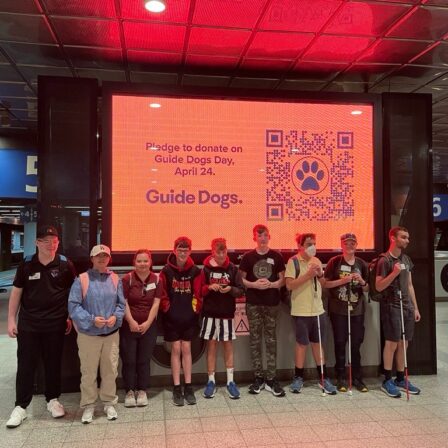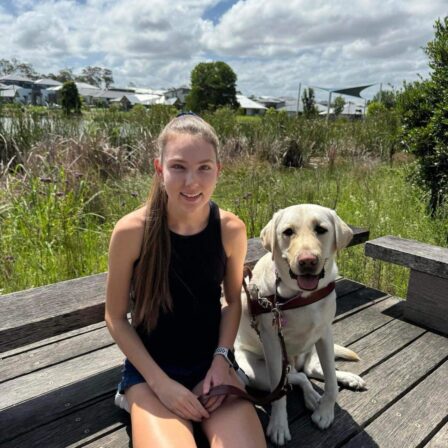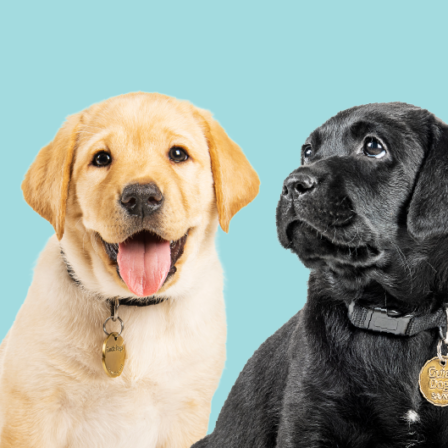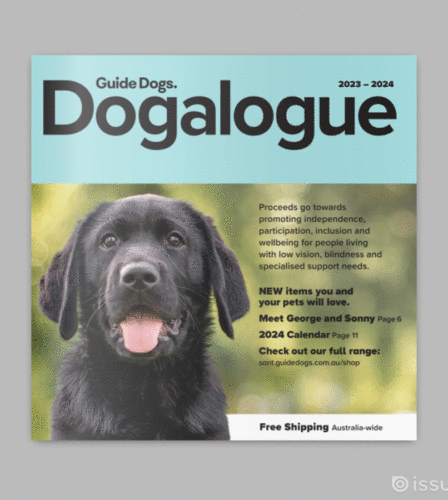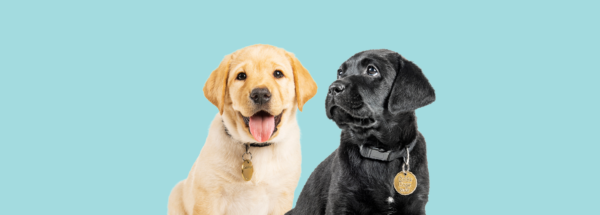News
Insights Autumn 2023
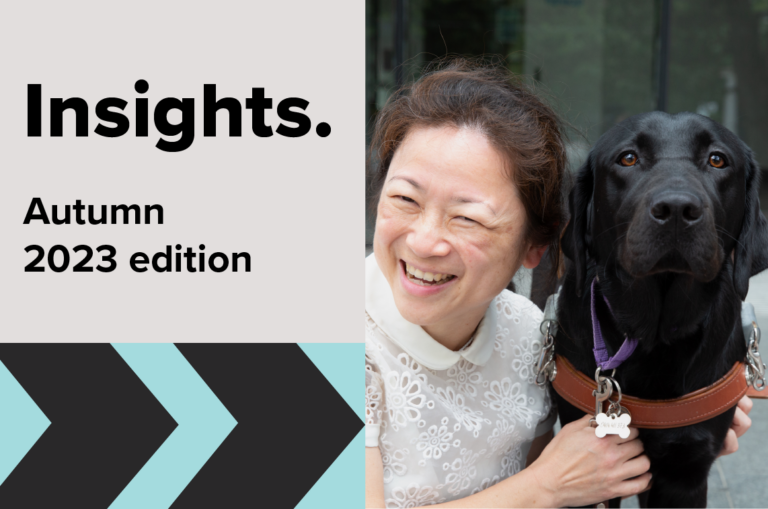
Hello and welcome to the Autumn edition of Insights, Guide Dogs SA/NT’s client newsletter. We hope you enjoy keeping up to date on what’s happening at Guide Dogs SA/NT and reading the wonderful stories and tips for our community.
In This Newsletter
What our Occupational Therapy Services can do for you
Tips to improve your home environment setting
Upcoming events
George and Sonny – How an Assistance Dog can help with Autism
What is Glaucoma?
Get social on CatchUp
What our Occupational Therapy Services can do for you
Occupational Therapists (OT’s) are health professionals who can support you to achieve your goals in everyday life at home, work, or school; whatever your age and level of vision.
Through Occupational Therapy, you can learn new ways to approach:
- Personal care skills: Including showering and grooming, choosing an outfit and getting dressed, or managing any medications you take.
- Domestic skills around the house: Including cooking, cleaning, making a cup of tea or coffee, doing the laundry, or keeping your garden looking green and fresh.
- Tasks you’ll encounter while out in the community: Including withdrawing money from an ATM, signing documents, identifying and managing money in shops, and doing the grocery shopping.
- Communicating with others: Including using the phone, handwriting, presenting yourself confidently, or learning to use other adaptive technologies in your day-to-day.
- Your home’s set up: Including the best type of lights to use to maximise your vision, and strategies to make it safer and easier to move around your house or apartment.
Occupational Therapists can also work with your family, friends or other health professionals to develop new skills to ensure you enjoy full support from everyone that’s important to you.
Tips to improve your home environment setting
In March, our Empowered Living Program covered how to make simple changes to your home environment to make life easier and safer. If you missed the sessions, below are a few tips for you to put into practice at your home:
- Contrasting colours can help identify furniture and make handling everyday tasks, like navigating large objects that would otherwise be a trip hazard, a lot safer and easier. Use contrasting colours throughout the home for furniture, wall coverings and carpets.
- When setting the table, use contrasting colours for placemats, crockery and cutlery to make objects stand out and easier to identify.
- Give your home a tactile effect! Adding tactile elements to your house can help you easily navigate the house with your sense of touch. For example, you can use a rubber band or other tactile aids to identify your toothbrush or shampoo or use bump dots to identify buttons on your microwave or oven.
Join our social groups to learn more about everyday hacks like these! Our next Empowered Living Program will be in July, but until then, you can join Simon and Salina for our Social Happy Hour sessions, held on Fridays every fortnight.
Upcoming events
|
|
|
|
Are you new to vision loss or experiencing ongoing changes in vision?
Click here to find out more
George and Sonny – How an Assistance Dog can help with Autism
April 2nd was World Autism Day, and to acknowledge such an important date, we wanted to share a special story with you.
Six year old George lives with epilepsy and autism. He has a limited ability to communicate verbally and no understanding of danger. This is a big challenge for his parents, Belinda and Pete, whose primary concern is their son’s safety. Life has changed for the family since George was matched with Assistance Dog Sonny.
George can now safely go shopping at the supermarket with his parents – something that was impossible only six months ago. Sonny has been trained to lie down if George begins to move away from his parents; giving them the time to intervene, ensuring George is safe and calm before moving on.
“Sonny also raises awareness when we’re out in public, as autism is still sometimes sadly misunderstood – some people see a child having a meltdown and think they just need more discipline. Having Sonny makes it obvious that when George has a meltdown, he isn’t misbehaving; he has a disability which means he has trouble regulating his emotions. Sonny has made our family feel more validated, more understood.” explains Belinda.
Click here to read the full story.
What is Glaucoma?
It was Glaucoma week during March, an important time to raise awareness of treatment to prevent vision loss.
Glaucoma is an eye condition where vision is lost due to irreversible damage to the optic nerve. The loss of sight is usually gradual and a considerable amount of peripheral (side) vision may be lost before there is an awareness of any problem. Unfortunately, there is no cure for glaucoma, and vision loss is irreversible.
What causes glaucoma?
Glaucoma is usually caused by increased intraocular pressure (IOP) which can damage the optic nerve. The level of elevated eye pressure which causes progressive damage to the optic nerve varies between people. Some people can have high eye pressure without glaucoma (known as ocular hypertension) while others can have normal eye pressure with glaucoma (known as normal tension glaucoma).
Did you know?
1 in 50 Australians will develop glaucoma in their lifetime.
50% of people with glaucoma don’t know they have it.
It is 10 times likely someone will develop glaucoma if a direct relative has it.
If you would like to learn more about Glaucoma, click here.
Get social on CatchUp
Have you joined CatchUp? It’s Guide Dogs’ accessible online community for social connection, information, and more. You’ll find social discussions, resources and news, and opportunities to connect with people with low vision and blindness.


